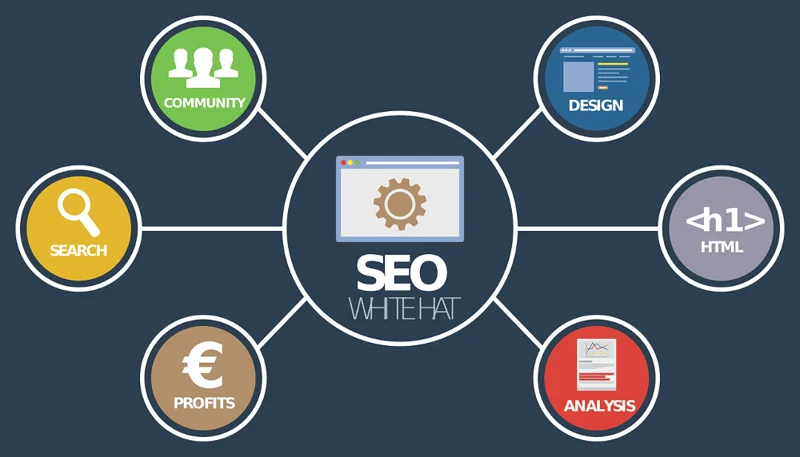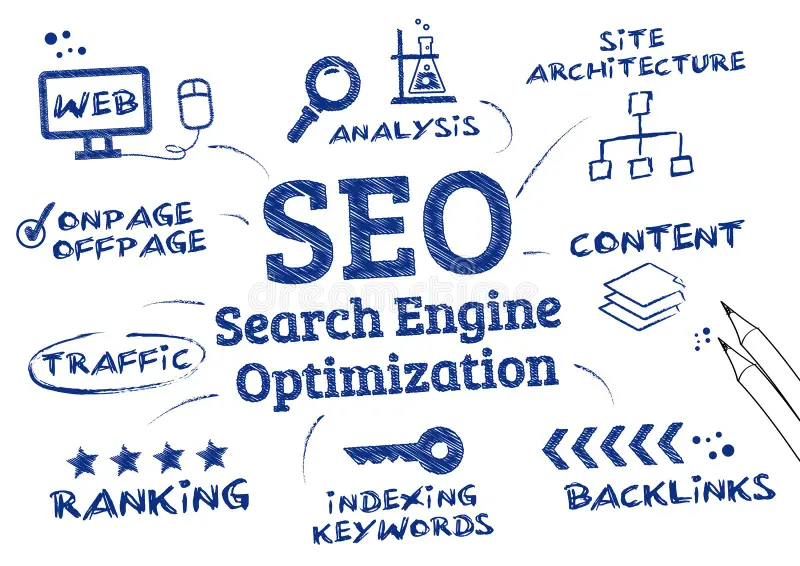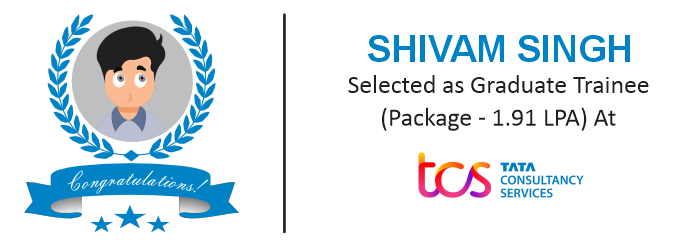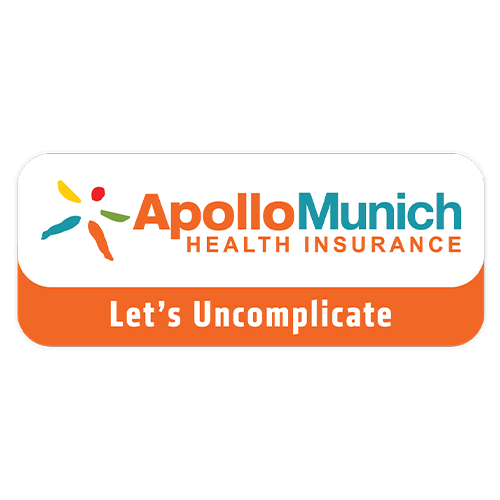Enquiry For Demo

Meta Title & Description Length Guide for 2025: Best Practices for SEO
In the ever-evolving world of SEO, meta titles and descriptions play a crucial role in driving traffic and improving search engine rankings. Understanding their ideal length and crafting them effectively can significantly impact your website’s visibility and click-through rates. Let’s dive into the best practices for writing compelling meta titles and descriptions in 2025! 🚀✨
What Is a Meta Title?
A meta title, also known as a title tag, is the clickable headline displayed on search engine results pages (SERPs). It tells search engines and users what your page is about. A well-crafted meta title helps improve rankings and attracts users to click on your page. The right combination of keywords, clarity, and relevance can make your meta title stand out in search results.
Ideal Meta Title Length
For 2025, the recommended length for a meta title is between 50 to 60 characters. If it’s too short, you might miss important keywords; if it’s too long, search engines may truncate it, cutting off vital information. Keeping it concise while maintaining keyword relevance ensures that your title remains readable and effective. Use power words and action-driven phrases to make it more engaging. #MetaTitle #SEO
What Is a Meta Description?
A meta description is a short summary of a webpage that appears below the title tag in SERPs. While it doesn’t directly impact rankings, a well-written meta description can increase click-through rates by providing users with a clear preview of your content. It serves as a brief advertisement for your page, encouraging users to visit your site.
Ideal Meta Description Length
The optimal length for a meta description in 2025 is 140 to 160 characters. This ensures that the description is detailed enough to provide valuable information while avoiding truncation in search results. Search engines often bold relevant keywords in the description, so including your primary keyword naturally can make your listing more attractive. #MetaDescription #SEOOptimization
Why Do Meta Titles and Meta Descriptions Matter?
Meta titles and descriptions are essential for SEO and user experience. They determine whether users will click on your link or move on to a competitor’s page. A compelling meta title grabs attention, while an engaging meta description provides users with a reason to click. Together, they enhance discoverability, improve search rankings, and increase organic traffic. Search engines use these elements to understand the relevance of your content, making them a fundamental part of on-page SEO. #SearchRankings #ClickThroughRate


How to Write a Crisp Meta Title and Meta Description?
Crafting a compelling meta title and description requires strategic thinking. Focus on clarity, relevance, and engagement to encourage clicks and improve SEO performance. Here are some essential tips:
Advanced Meta Title & Description Strategies for 2025
With search engine algorithms constantly evolving, it's crucial to stay ahead by adopting advanced strategies for meta optimization
(a.) Leverage AI for Meta Optimization
AI-powered tools can analyze keyword trends and help generate engaging meta titles and descriptions. Tools like ChatGPT and SurferSEO provide insights on high-ranking keywords and phrases.#AISEO #MetaOptimization
(b.) Use Emotional Triggers
Meta titles and descriptions that evoke emotions tend to attract more clicks. Words like “exclusive,” “unbelievable,” and “must-see” can create curiosity and encourage users to click on your link. #EmotionalSEO #Marketing
(c.) A/B Testing Your Meta Content
Students with good organization and leadership skills can earn by managing projects online. Businesses and startups need project managers to oversee tasks and coordinate teams remotely. Tools like Trello and Asana are useful for this role.#ProjectManagement #RemoteWork
(d.) Optimize for Featured Snippets
Structuring your meta content to answer questions directly can increase the chances of appearing in Google’s featured snippets. Snippet-optimized content tends to receive higher visibility and clicks. #FeaturedSnippets #GoogleSEO
(e.) Mobile Optimization
With a majority of searches happening on mobile devices, ensure your meta content is mobile-friendly. Keep the text readable, engaging, and properly structured to improve mobile search performance.#MobileSEO #UserExperience
Mastering the art of writing optimized meta titles and descriptions can make a huge difference in your website’s SEO success. By following these best practices, you can improve search visibility, attract more users, and enhance engagement in 2025! 🚀💡 #SEO2025 #MetaTags #GrowYourTraffic

.png)













